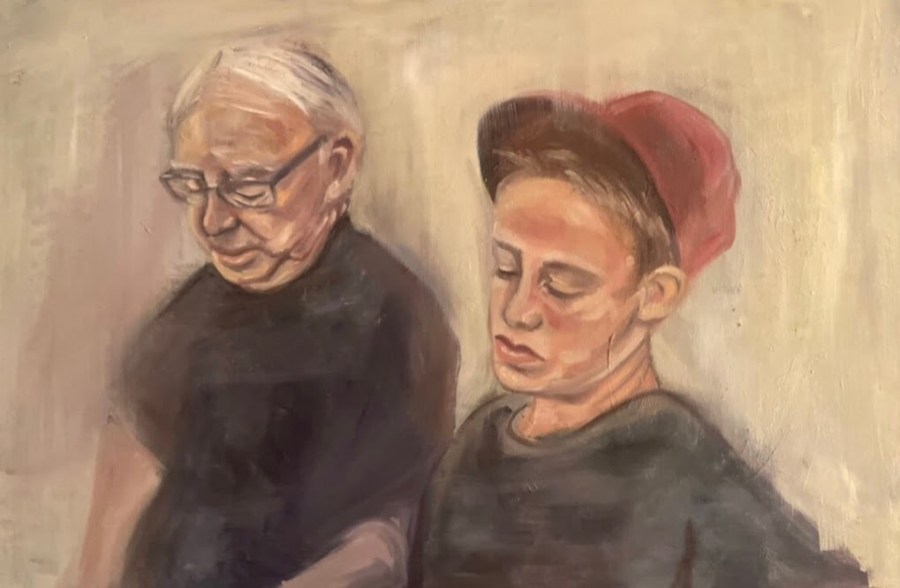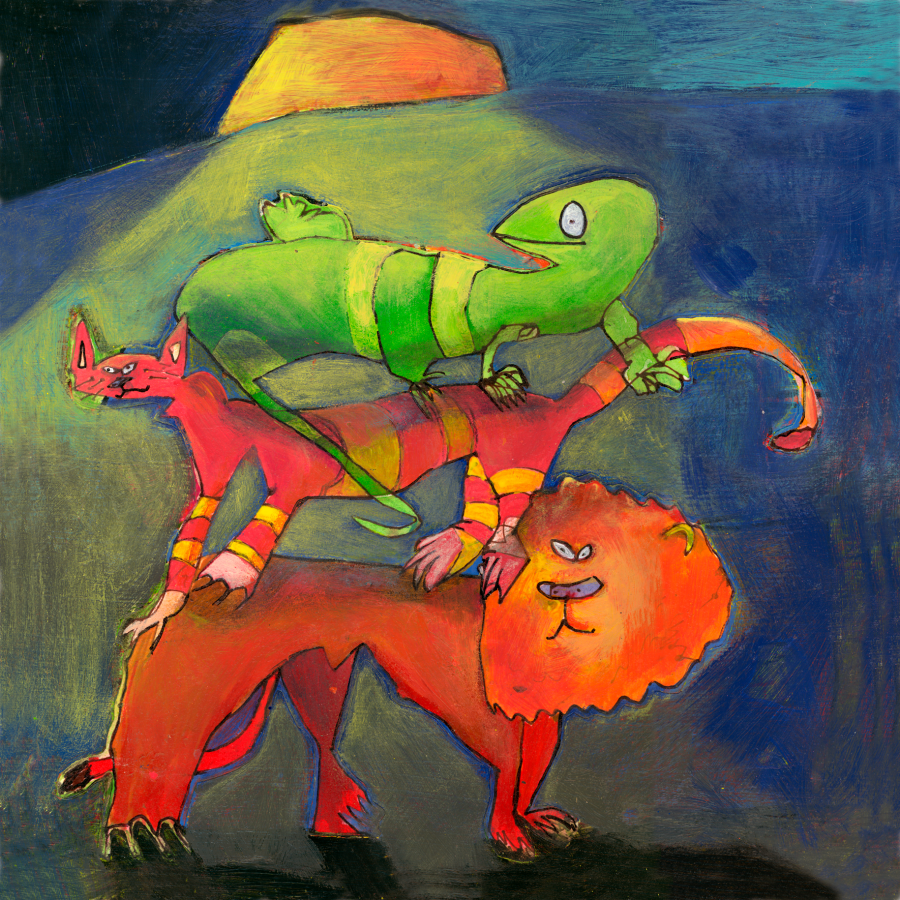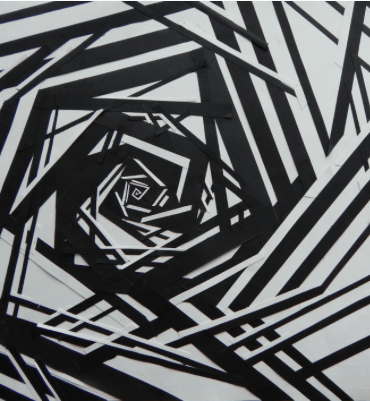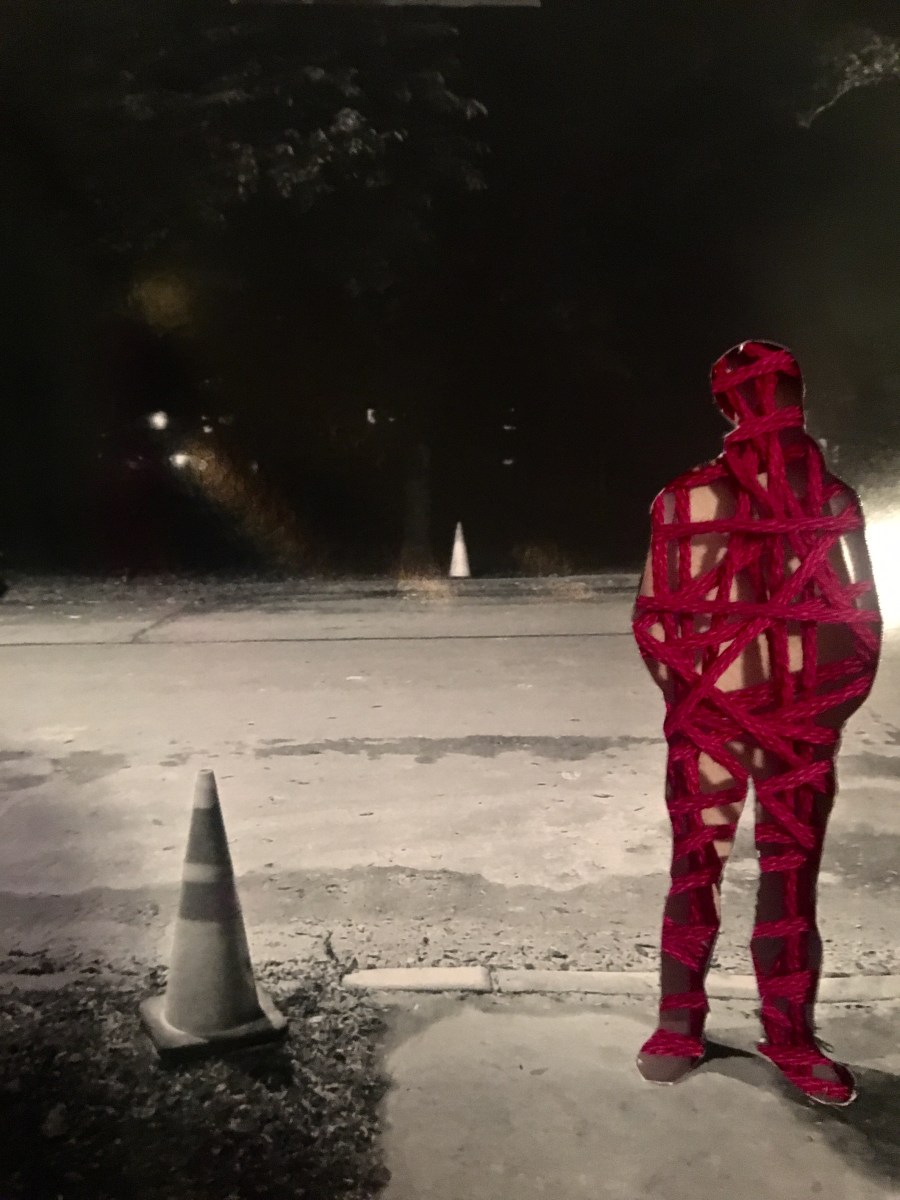Duplex (Gray-blue Staircase)
By Theo Jasper
I feel small at the bottom of the gray-blue staircase,
the one where she didn’t die, even when I visit it in my memory.
Even when I visit it in my memory, the duplex where she tried to die,
I can never reach the top of that staircase.
The light hits the blood on the floor, (why can’t God see the staircase?)
and my childhood cat has escaped, like she knew what was coming.
And in my memory I have escaped because I know what is coming.
But memory is not reality and the reality is this: there was blood on the windowsill.
Memory is whichever wine goes down the easiest. Reality is the staircase, the windowsill.
In a duplex on Orange Street, there’s blood all the way up the stairs.
In a duplex on Orange Street, I never move from the bottom of the stairs.
Maybe God sees me. Maybe he doesn’t. But in my memory, I never go up.
I keep my head bowed. My blood is like wine. I never, ever grow up.
I stay small at the bottom of the gray-blue staircase.
Read More
































